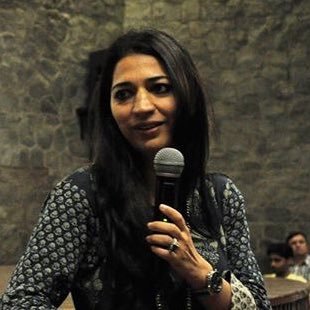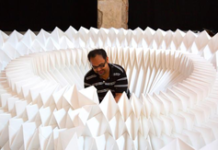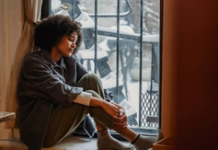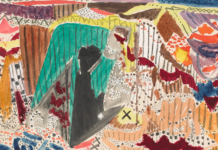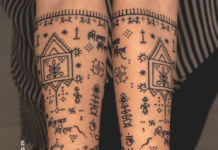By Sukant Deepak
New Delhi– She remembers going to the Nizamuddin Dargah when it opened after Covid struck. There was something amiss. The place was just not the same without the qawwals. The silence was brutal.
“Honestly, I did not know how I could help. Offering money to the artists might have seemed disrespectful. Also, they must be craving for an audience. And that is how the idea of ‘Artists for Artists’ was conceived,” says documentary filmmaker Yasmin Kidwai, also the Councillor (INC) from Daryaganj, Delhi’s largest MCD constituency.
In face of the little assistance offered by the government and state akademis flushed with funds to artists when the pandemic struck, Kidwai was convinced that structural changes were indispensable to ascertain that the artist community did not get hit so severely when such disasters strike in the future. The result was ‘Artists for Artists’, a fundraising platform with an aim to spread the new reality faced by artists across the country and help develop avenues to support them. “Now, we all know that all artists are not tech savvy, hence there was a need to create a platform for these musicians that not only celebrates their craft but also provides much needed resources to support them and their families. We started with folk artists as they have suffered the most. Musician Amit Kilam and Neeta Raheja also came onboard,” Kidwai tells IANS.
With a line up boasting of Nizami Brothers from Delhi, Raju Das Baul from Bengal, Prabha Yadav from Chhattisgarh, Kaluram Bamaniya from Madhya Pradesh and drummer Nathu Lal Solanki from Rajasthan, the folk artists have been performing live every Friday (from October 23 – November 20). The concerts can be viewed on the BookMyShow portal.
For someone who has made close to 50 documentaries focussing on social issues and the same number of informational videos for MGNREGA, it is the belief that everyone has a story to her that keeps her fascinated towards the medium. “Believe me, real stories are way more intriguing than any fiction that can be created. I wanted to tell such tales without the politics,” says Kidwai, known for films like ‘Her Own Sky’, ‘No Problem! Six Months with Barefoot Grandmas’, ‘Filmistaan’, ‘Borders and Beyond’ and ‘Purdah Hai Purdah’.
Getting into documentaries at a time when there were not many platforms and a niche audience pushed her to make one of the first public funded documentaries in India on Polo, called ‘Chukker’. “I raised small contributions to complete it. The idea was to introduce a new audience to documentary films and a subject like Polo let me do that.”
Believing that it is always the subject that chooses the filmmaker and not the other way round, Kidwai feels all her films have coincided with different times her life and resulted in friendships which have lasted beyond the last day of the shoot. “‘Purdah and Purdah’ was very complex and layered – the topic still is. ‘No Problem’ gave me hope and changed me in many ways. Though ‘Borders and Beyond’ was not something I enjoyed — it was on the Gujarat riots and I had to live through it many times over while working on it,” she says, adding that she has never felt discriminated against as a filmmaker on account of her gender or religion.
Kidwai, who has a fashion label ‘House of Qidwa’, which led her to working with women from Nizamuddin basti says that it all started with her trying to organise work for her mother and sister- in- law who were in the clothes business. “I ended up putting together a small collection for my friends inspired by who were — a sense of freedom, a sense of history, the Sufi vibe and being unconstrained.”
Talk to her about how politics has been treating her, and she smiles, “Well, I really do not know if I qualify as a politician, considering I am not a professional one. I have entered this field just to be able to serve, and amplify some voices which need to be heard. There are several challenges in my role as a Municipal Councillor considering the fact that Delhi and the corporation are such complex places to work in.” (IANS)



